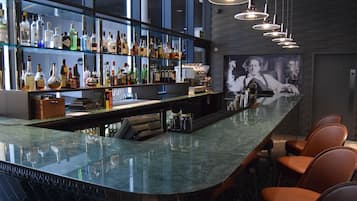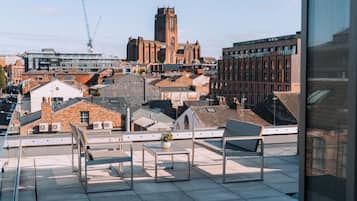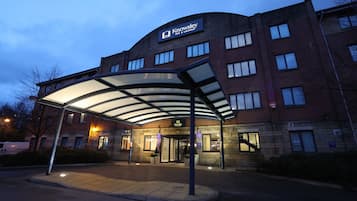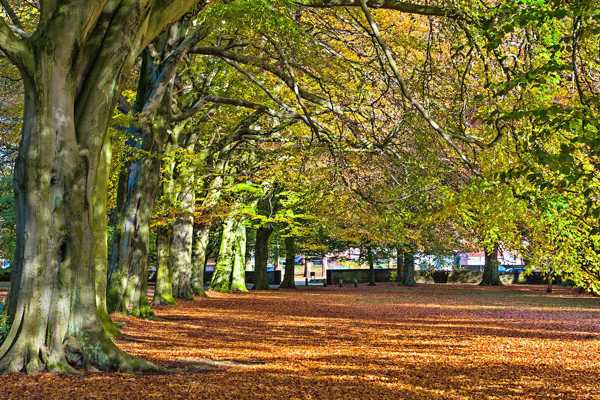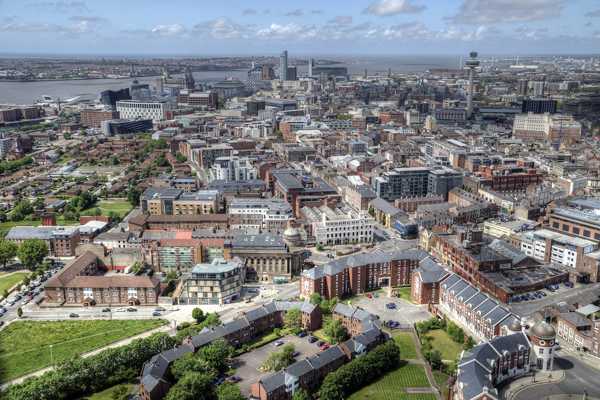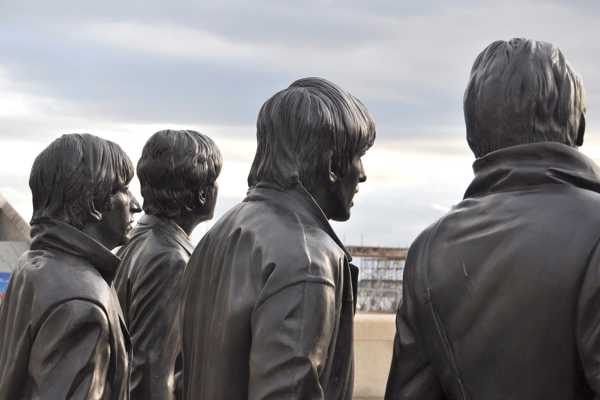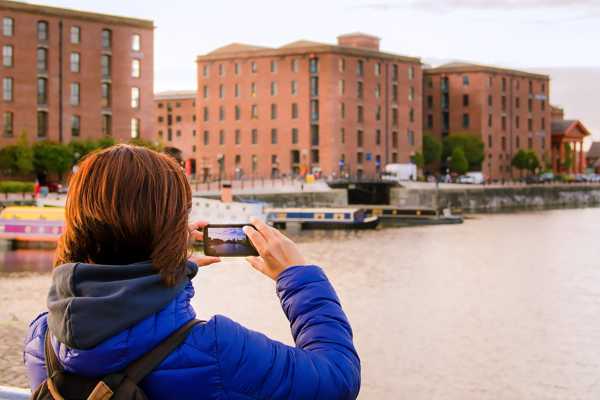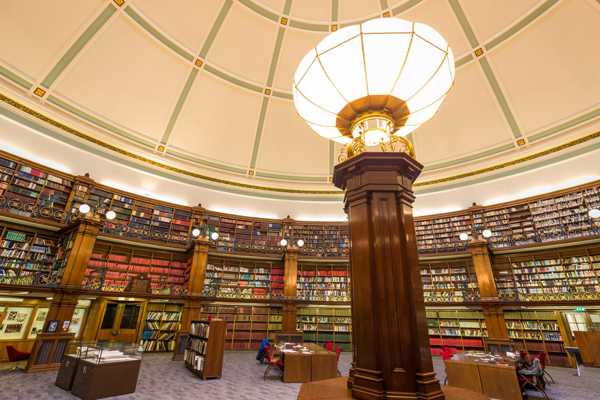The Grand National is one of England’s most famous horseraces. It is held annually in April at Aintree Racecourse in Liverpool. In recent years, the winner has taken home a huge prize pot of over £1 million, making it the most lucrative race in the country.
The horserace is a national institution, broadcast on television since 1960. Many of those placing bets on the National don’t regularly do so. Instead of studying form, it’s customary to choose a horse because of its name or the colours worn by its jockey.
This handicap steeplechase takes place on a course measuring 4 miles and 514 yards. Horses must loop the track twice with each circuit having 16 fences – 14 of them jumped twice. Some of these, such as Becher’s Brook and The Chair, are higher than those used in other National Hunt courses.
The Grand National in Liverpool - one of the highlights of 11 Best Festivals in Liverpool (Read all about Liverpool here)
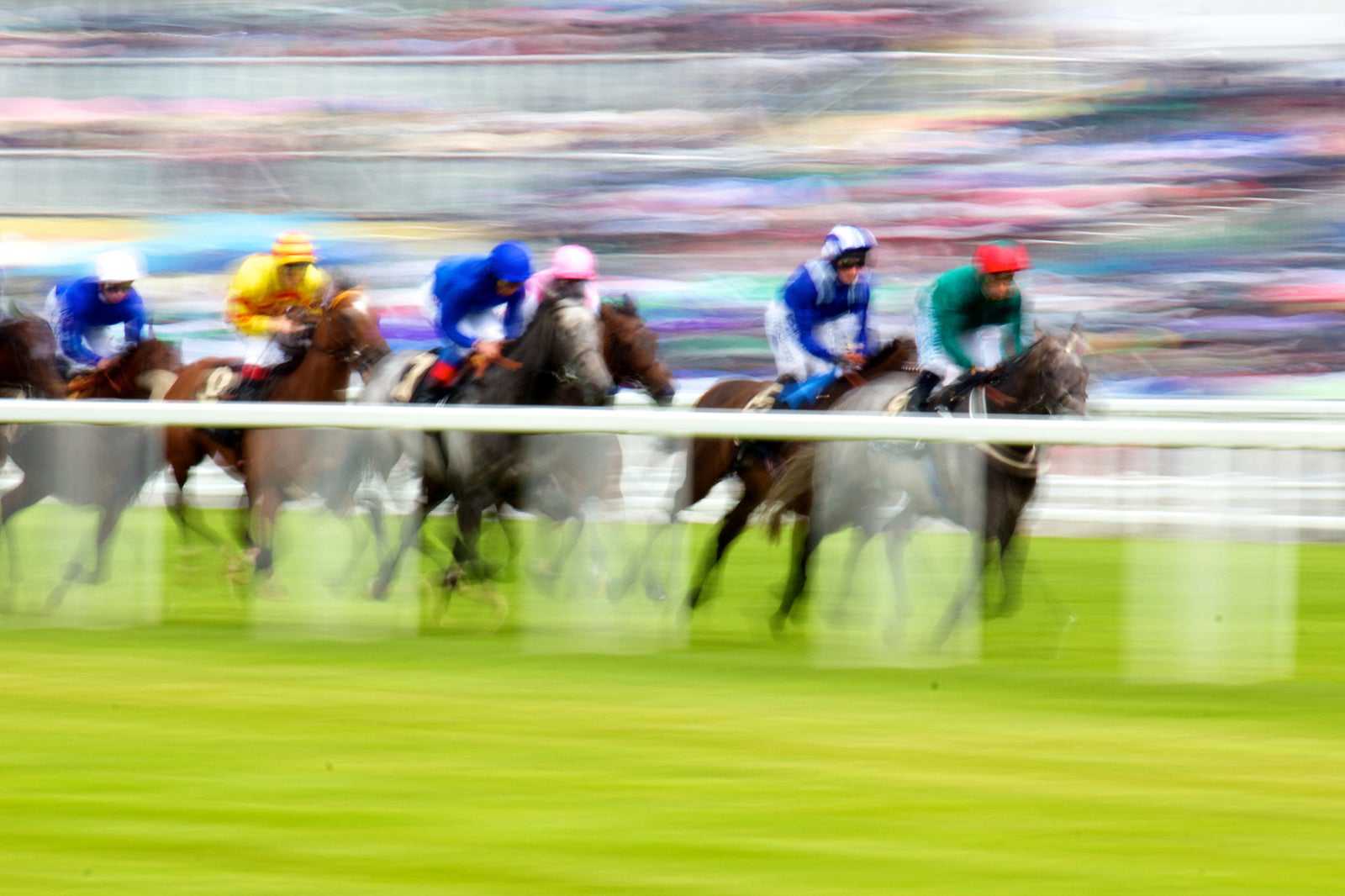
Which are The Grand National’s most famous winners?
Throughout its history, the race has drawn attention for its horses, jockeys and owners. Some races are more memorable than others. Most recently, Rachael Blackmore became the first female jockey to win, riding Minella Times in 2021.
In 1928, the winner was one of only 2 horses to complete the race. The other 41 horses all failed to finish. A fence called Canal Turn defeated all but 7 on the first lap after Easter Hero fell and caused a pileup. As a horse must retain its rider to win, rank outsider Tipperary Tim claimed victory.
Red Rum is possibly the most famous horse ever to have won the Grand National, taking home the prize on 3 occasions: in 1973, 1974 and a record-breaking third time in 1977. He finished second in 1975 and 1976.
Even more astonishingly, the handsome champion horse was lame with a bone condition called pedal osteitis. Trainer Donald "Ginger" McCain cured him by regularly galloping him in the sea off Southport Beach. Red Rum’s death on 18 October 1995 led the news headlines the next day.
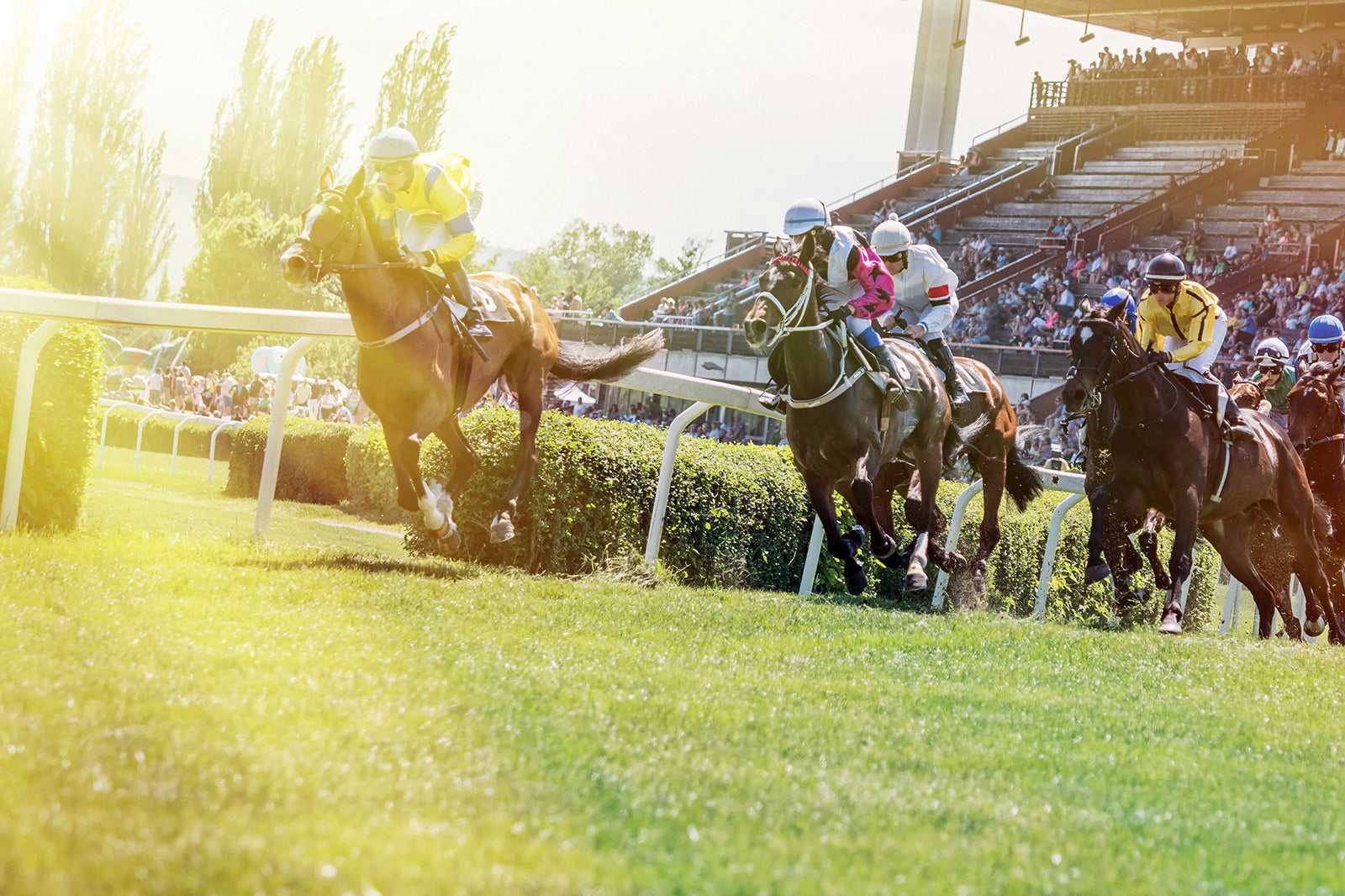
A brief history of the Grand National in Liverpool
Some historians argue that the first Grand National was held in 1836, though officially the first Grand National was in 1839. Technically, although they are thought to have taken place at Aintree, the 3 races that took place before 1839 were called the Great Liverpool Steeplechase or the Grand Liverpool Steeplechase.
There was a break in the 20th century as a result of WWI and WWII. Substitute races took place in 1916, 1917 and 1918 in Gatwick.
The Racecourse Association Steeplechase was the name of the first race, while the others were dubbed the War National. Each had 1 fewer fence than at Aintree. There’s no longer a racecourse at Gatwick. To walk the track, you’d have to dig up Gatwick Airport.
The 1993 Grand National was a bit of a shamble. The starting tape tangled and one of the jockeys was unable to free himself. It was a false start, but 30 of the 39 riders didn’t realise and started racing despite attempts made by course officials to stop the horses by waving red flags
The jockeys continued, believing that protesters had invaded the course. Seven horses finished the race. Because of the exertion entailed, they could not race for another found, which voided the result.
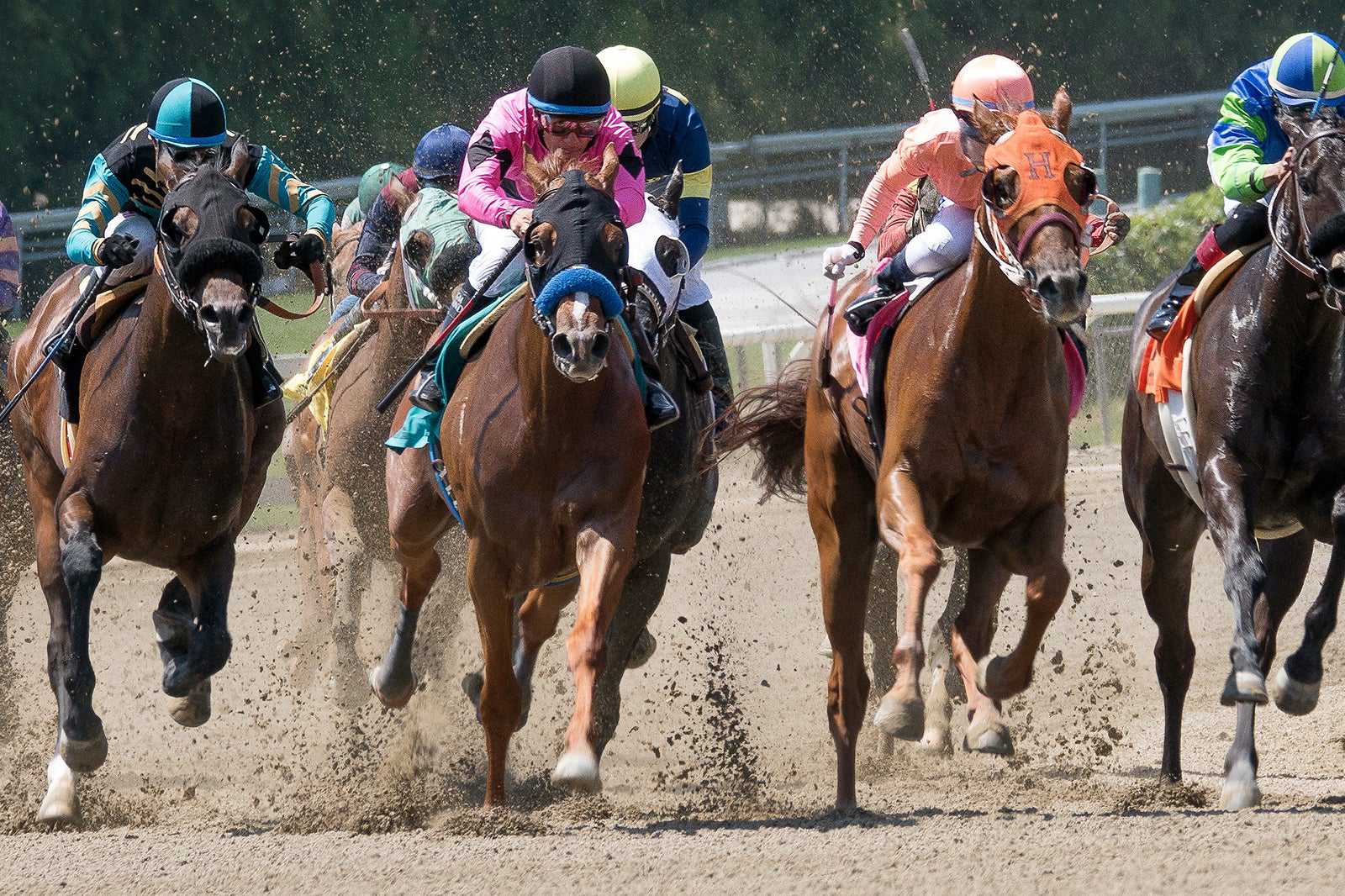
Good to know about the Grand National in Liverpool
Her Majesty Queen Elizabeth II is a big fan of horseracing, as was her late mother. In the 1956 Grand National, the Queen Mother owned a runner called Devon Loch. The horse jumped the final fence with a 5-length lead over the next but collapsed just yards from the finish line.
Jockey Dick Francis, for all his experience, could do nothing. The phrase “to do a Devon Loch” entered the vernacular afterwards, describing any sudden failure to win. The Queen Mother was said to have been unperturbed about her loss, uttering, “Oh, that’s racing!”
The 1997 race is known as the Monday National. It was initially scheduled on a Saturday, but had to be postponed following IRA bomb threats. Everyone was evacuated including a 60,000-strong crowd. No Grand National took place in 2020 due to the coronavirus pandemic.
The Aintree Racecourse is a 5.6-mile drive north of Liverpool city centre via the A5038 road. Grand National Thursday is the opening day for the race. Booking your tickets online is highly recommended.
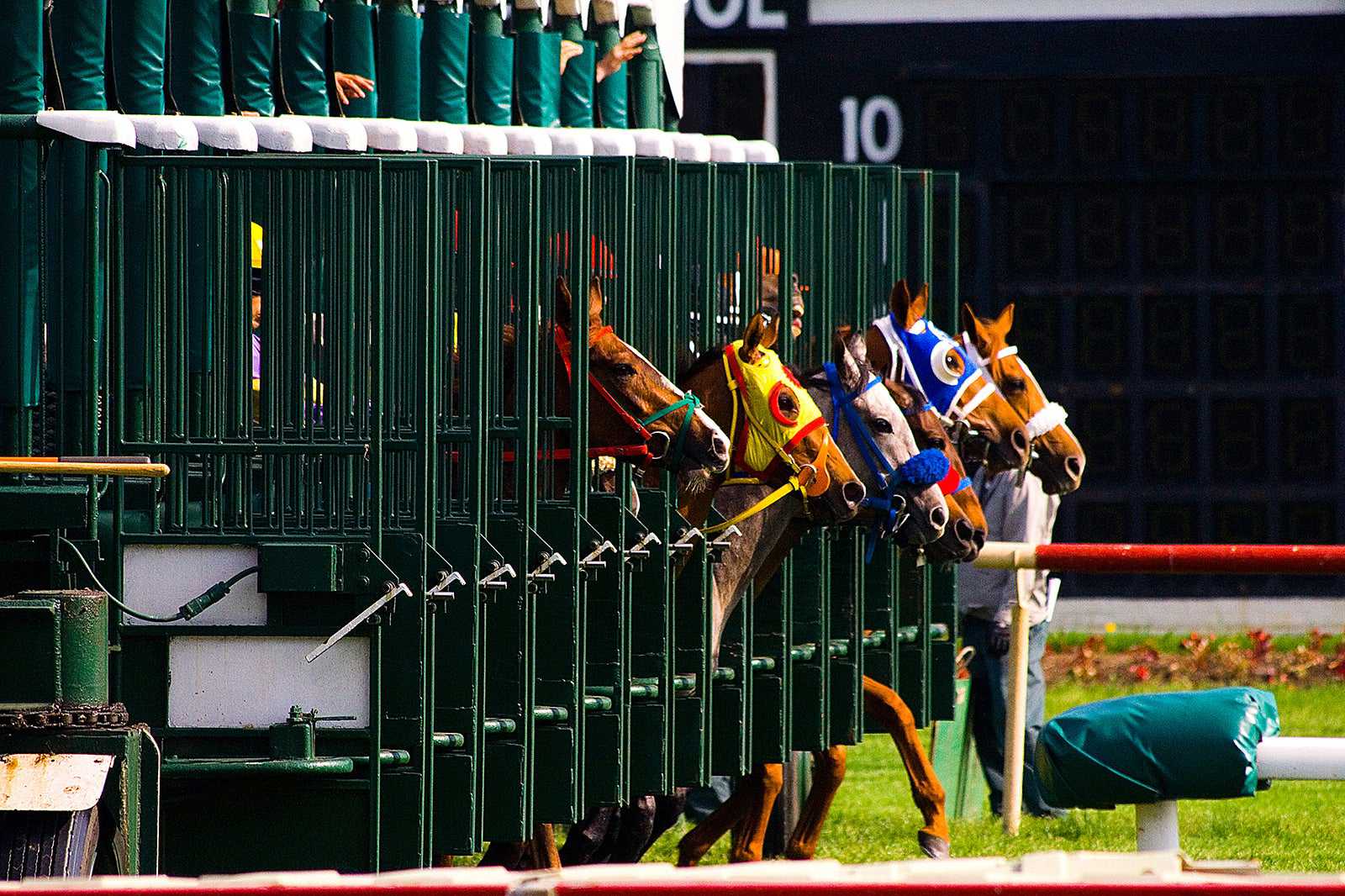
The Grand National in Liverpool
Osoite: Aintree Racecourse, Ormskirk Rd, Aintree, Liverpool L9 5AS, UK
Puhelin: +44 (0)1515 232600




